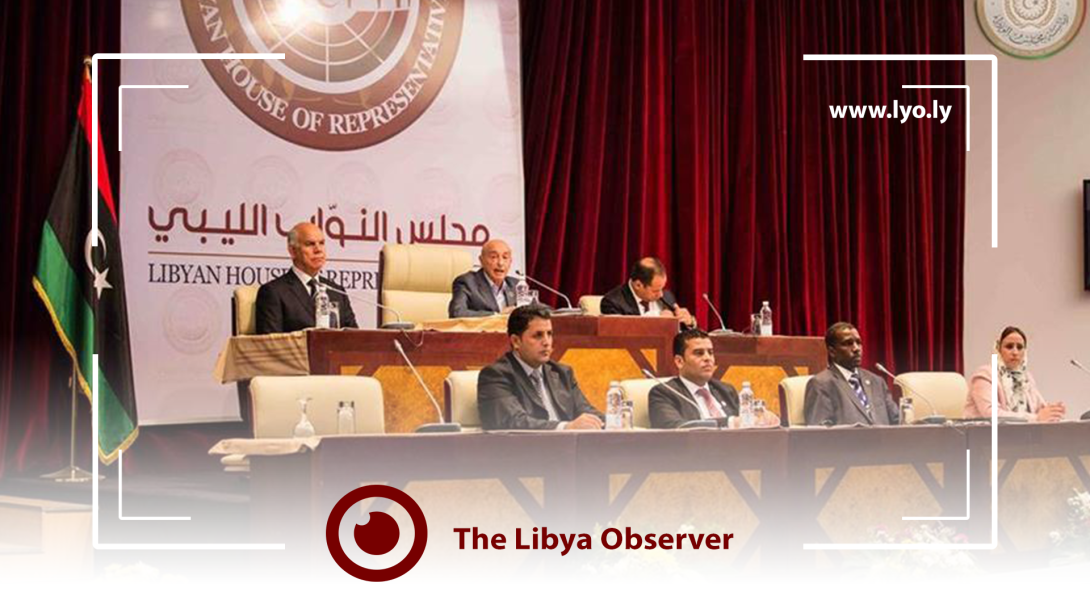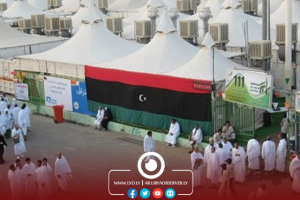The Libyan House of Representatives (HoR) ended its session on Tuesday by a majority agreement to exclude the High Council of State (HCS) from playing a part in approving a new government to replace the current Government of National Unity (GNU).
The HoR Speaker, Aqila Saleh, announced that the votes of the members were 30 to 21 in favor of preventing the HCS from participating in recommending a new prime minister. Saleh didn’t say how many members were attending and how many of them abstained from voting.
Some members criticized the performance of the GNU and its prime minister Abdul-Hamid Dbeibah, blaming them for the deteriorated living conditions, but others rejected “the biased targeting of the GNU by the HoR” and avoiding to mention the GNU’s achievements.
Saleh proposed conditions to the candidacy for the new government, including 25 recommendations from HoR members, while the HoR member from Misrata, Sulaiman Al-Faqih, said the term of office for the new government should be at least one year.
Another member, Jalal Al-Shuwihadi from Benghazi, said the HoR shouldn't rush into elections until the needed environment for the vote is set so that Libyans can avoid a repeated December-24 scenario.
During the session, member Mohammed Lino, and a number of other members engaged in an argument after the former defended the GNU, thus leading the HoR to take the session off air.
According to analysts tackling the Libyan crisis, the HoR is trying to manipulate the situation and avoid going to elections in order to keep things as they are so that Speaker Saleh and the members retain their jobs, adding that if the HoR formed a government, it could end up being a parallel government similar to that the HoR formed in 2014 headed by Abdullah Al-Thinni. They believe the new government, if approved, could prolong the crisis and take Libyans back to square one.








